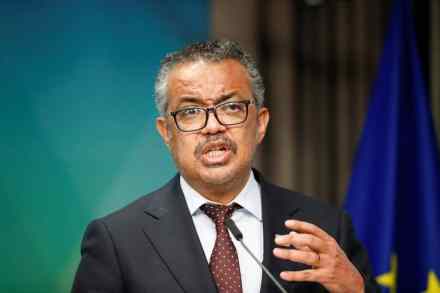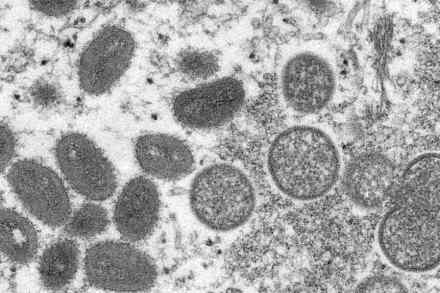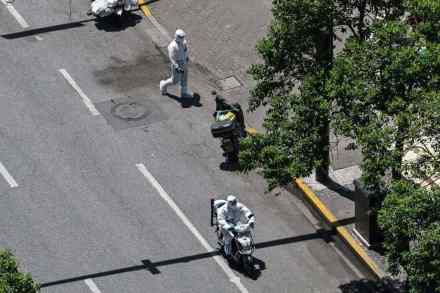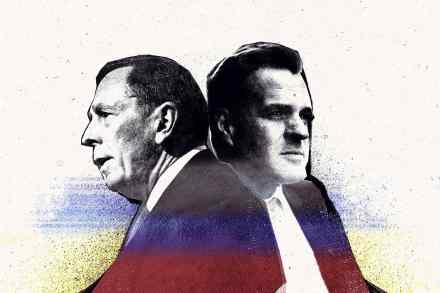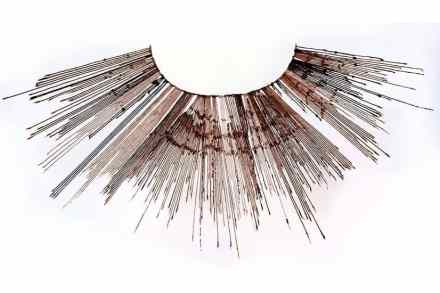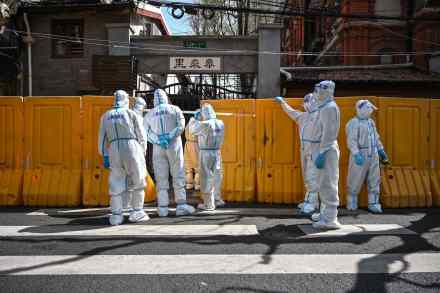The World Health Organisation has lost all credibility
Let’s be honest: is there anyone out there who has faith in the ability of the World Health Organisation (WHO) to tackle a future pandemic? Any lingering hope that the WHO might be an organisation fit to be trusted with global heath concerns has pretty well evaporated with the election, by acclamation, of China as one of the 12 members of its executive board on Friday. It is true, of course, that an international body must have representation from all over the world if it is going to win the near-universal cooperation it needs in order to operate. It can’t be led entirely by western democracies and wealthy South Asian
